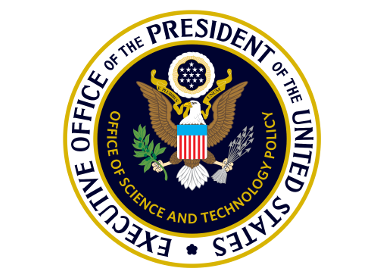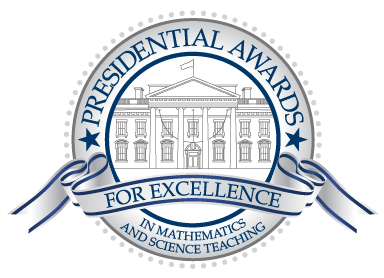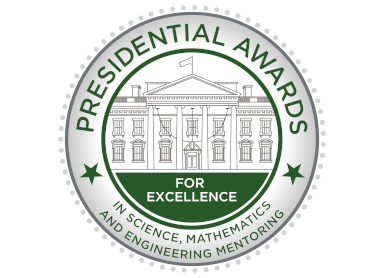Melissa Costantino-Poruben
Pittsburgh, PA | K-6, Mathematics, 2022

Biography
Melissa Costantino-Poruben is a service-driven mathematics educator who has devoted her entire career to the Avonworth School District. She began teaching in the high school in 2000, moved to eighth grade from 2001 to 2017, and currently teaches sixth grade mathematics. In her classroom, Melissa uses problem-based and collaborative teaching practices to engage students in solving real-world challenges. She often incorporates project-based learning (PBL) to spark student interest and deepen understanding. One recent example was a PBL experience where her students reimagined their elementary school playground. Through projects like these, she lights a spark in her students for problem solving, engineering, and computer science. Melissa’s goal is to help every student see themselves as a mathematician by the end of the school year. She believes mathematics is a bridge to connect curiosity with understanding, and ideas with real-world impact. Beyond the classroom, Melissa is a passionate advocate for equity and justice in education. She serves as a strong voice for students and educators alike, championing union work at the local, regional, state, and national levels. Her unwavering commitment to educator rights and student opportunity reflects her belief that schools can and should be a force for positive change in our communities. A lifelong learner, Melissa holds National Board Certification in early adolescence mathematics and has earned multiple post-secondary degrees. These include a B.S. in mathematics education from Edinboro University (2000), a Master’s Equivalency from the University of Pittsburgh (2005), an M.Ed. in curriculum and instruction from Clarion University (2009), and an M.Ed. in learning and technology from Western Governors University (2015).
High-resolution version of the teacher profile photograph
The views expressed in awardee profiles are those of the author and do not necessarily reflect the views of NSF or the PAEMST program.



